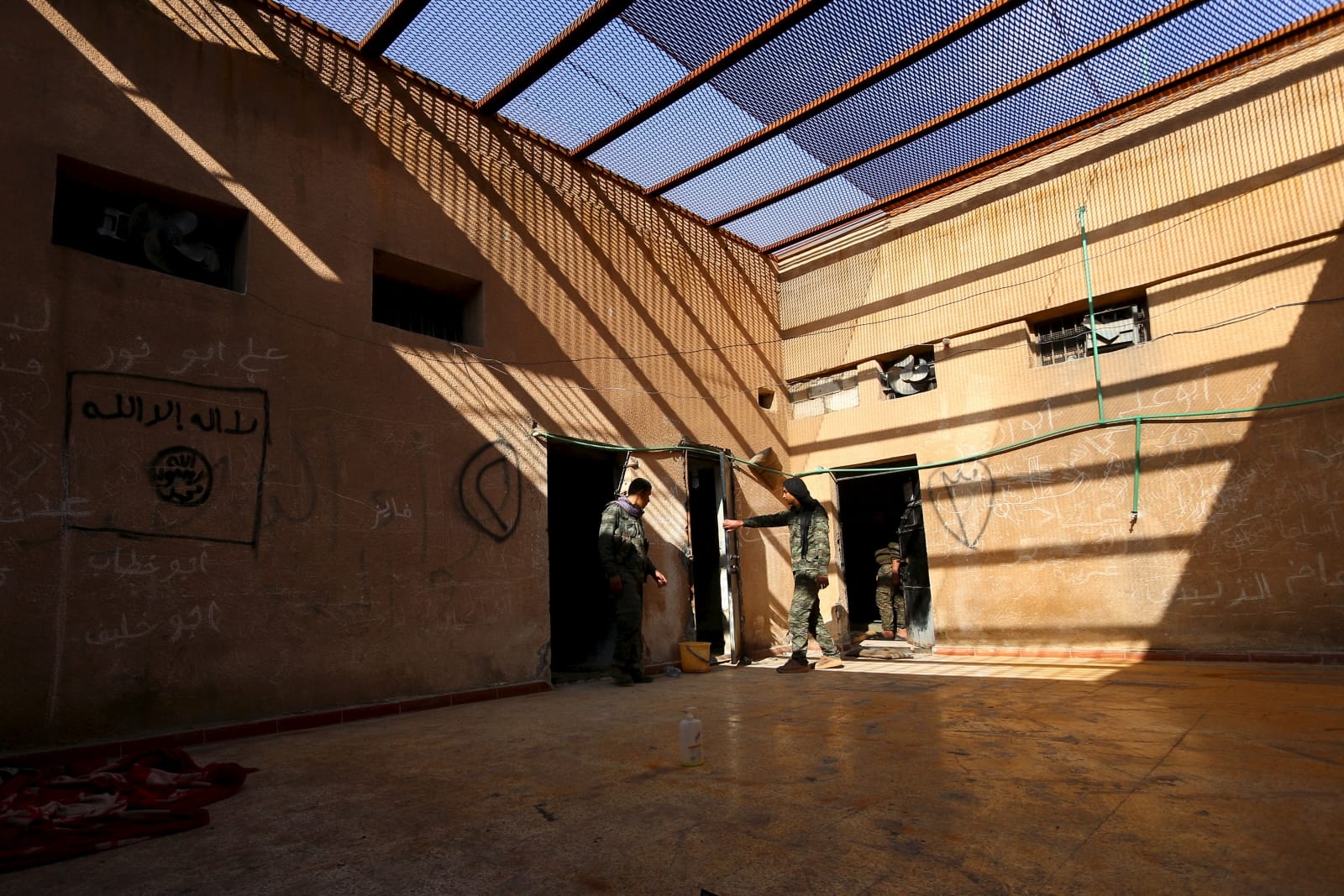The ongoing civil conflict in Syria has led to numerous allegations of human rights violations, particularly concerning the treatment of detainees in prisons operated by the Assad regime. Recent reports have brought to light the horrific conditions and systematic abuses that many prisoners face, prompting a renewed focus on the need for accountability and justice.
Syria’s prisons have long been sites of fear and despair. The Assad regime has been accused of using these facilities not only to detain political opponents and activists but also to instill terror in the general population. Accounts from former detainees reveal a grim reality where torture, starvation, and psychological abuse are rampant. These testimonies have emerged from various human rights organizations, which have documented the experiences of survivors and compiled evidence of the abuses taking place behind prison walls.
One of the most prominent organizations shedding light on these atrocities is the Syrian Network for Human Rights (SNHR). Their reports indicate that thousands of individuals have been subjected to extrajudicial killings, enforced disappearances, and torture. The organization estimates that the number of detainees in Syrian prisons has reached alarming levels, with many individuals held without charge or trial. The lack of transparency surrounding the detention process raises serious concerns about the rule of law and human rights in Syria.
Survivors of these prisons have shared harrowing stories of their experiences. Many describe being subjected to severe beatings, electric shocks, and other forms of physical torture. The psychological toll of such treatment can be devastating, with many former prisoners reporting long-term mental health issues, including post-traumatic stress disorder (PTSD). The inhumane conditions extend beyond physical abuse; many detainees are denied adequate food, water, and medical care, leading to serious health complications.
The international community has begun to take notice of these allegations. Human rights advocates are calling for a thorough investigation into the practices of the Assad regime and the conditions within its prisons. The United Nations has been urged to establish an independent commission to gather evidence and hold accountable those responsible for these violations. Such actions are seen as crucial steps toward addressing the ongoing humanitarian crisis in Syria and ensuring that victims receive justice.
In addition to the calls for accountability, there is a growing emphasis on the need for international support for the victims of these atrocities. Many organizations are working to provide assistance to former detainees, helping them rebuild their lives after the trauma they have endured. This support can take many forms, including psychological counseling, medical care, and legal assistance. By empowering survivors, the international community can help them reclaim their dignity and work toward healing.
The situation in Syria also raises broader questions about the role of the international community in addressing human rights violations. The Assad regime has faced criticism for its actions throughout the civil war, yet significant political and military support continues to flow to the government from allies such as Russia and Iran. This complicates efforts to hold the regime accountable for its actions, as geopolitical interests often take precedence over human rights concerns.
As the world becomes increasingly aware of the atrocities occurring in Syrian prisons, there is hope that these revelations will lead to meaningful change. The stories of survivors serve as a powerful reminder of the resilience of the human spirit, even in the face of unimaginable suffering. Advocacy efforts must continue to push for justice and accountability, ensuring that the voices of victims are heard and that their experiences are not forgotten.
In conclusion, the uncovering of the horrific conditions within Syrian prisons has prompted a significant response from human rights organizations and the international community. The testimonies of survivors highlight the urgent need for accountability and support for victims of the Assad regime’s systematic abuses. As these issues gain more attention, there is potential for change that could lead to greater respect for human rights in Syria and beyond. It is imperative that the global community stands in solidarity with the victims and works diligently to ensure that such atrocities are never repeated.



